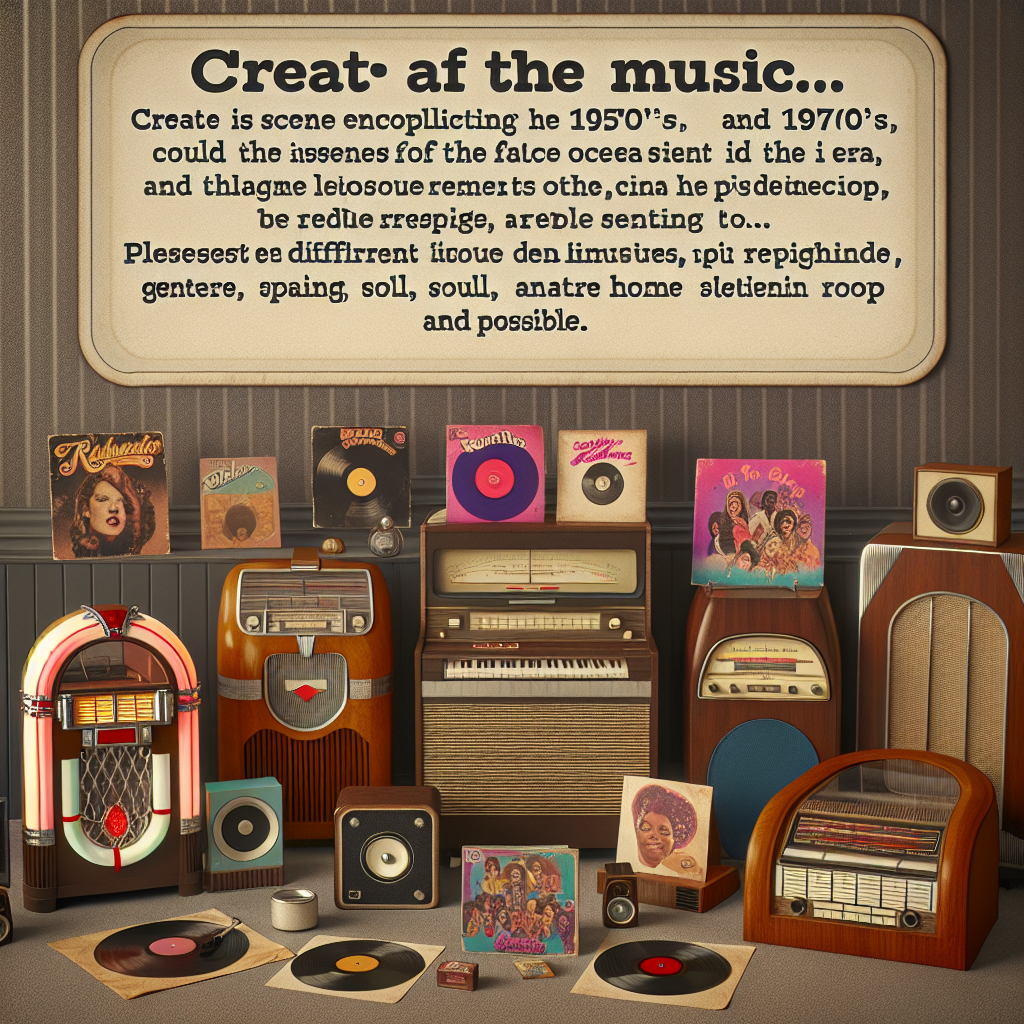The 1960s was a decade of immense social change and upheaval. It was a time when people all over the world were questioning authority, challenging the status quo, and fighting for civil rights and equality. And throughout this turbulent period, music played a crucial role in reflecting and shaping these social movements.
From folk to rock to soul, music in the 1960s was filled with protest songs that spoke out against war, racism, sexism, and injustice. Artists like Bob Dylan, The Beatles, Aretha Franklin, and Marvin Gaye used their music as a platform to express their views on the pressing issues of the day.
Politicians and policymakers may have been slow to respond to the demands of the people, but musicians were quick to pick up the mantle and amplify their voices through song. Whether it was Dylan’s “Blowin’ in the Wind” or Franklin’s “Respect,” these revolutionary songs became anthems for a generation fighting for change.
But music wasn’t the only cultural force at play during this transformative decade. Fashion also played a significant role in expressing dissent and rebellion. From bell-bottoms to tie-dye shirts to mini-skirts, fashion in the 1960s was all about breaking free from traditional norms and embracing individuality.
Technology also played a crucial role in shaping the cultural landscape of the 1960s. The rise of television brought images of protests and demonstrations into people’s living rooms, galvanizing support for social movements like never before. And advancements in recording technology allowed artists to experiment with new sounds and styles, pushing boundaries and challenging conventions.
Despite all the challenges and struggles of the 1960s, there was an undeniable sense of optimism and hope that permeated through the music and culture of the time. Even in the face of adversity, people came together to fight for what they believed in, using music as a powerful tool for change.
Looking back on this era today, it’s clear that music played a pivotal role in reflecting and shaping the social movements of the 1960s. It served as a soundtrack for change, inspiring people to come together and work towards a better future.
So let’s celebrate the revolutionary songs of the 1960s – not just for their catchy melodies or memorable lyrics, but for their lasting impact on society as a whole. Let’s remember how music brought people together during one of our most tumultuous times – uniting us in our shared struggles and triumphs.


Get involved!
Comments